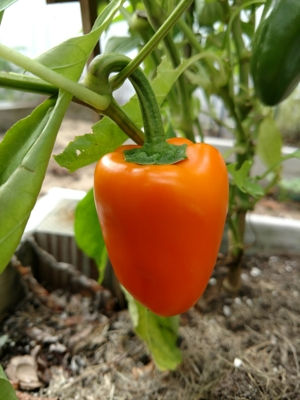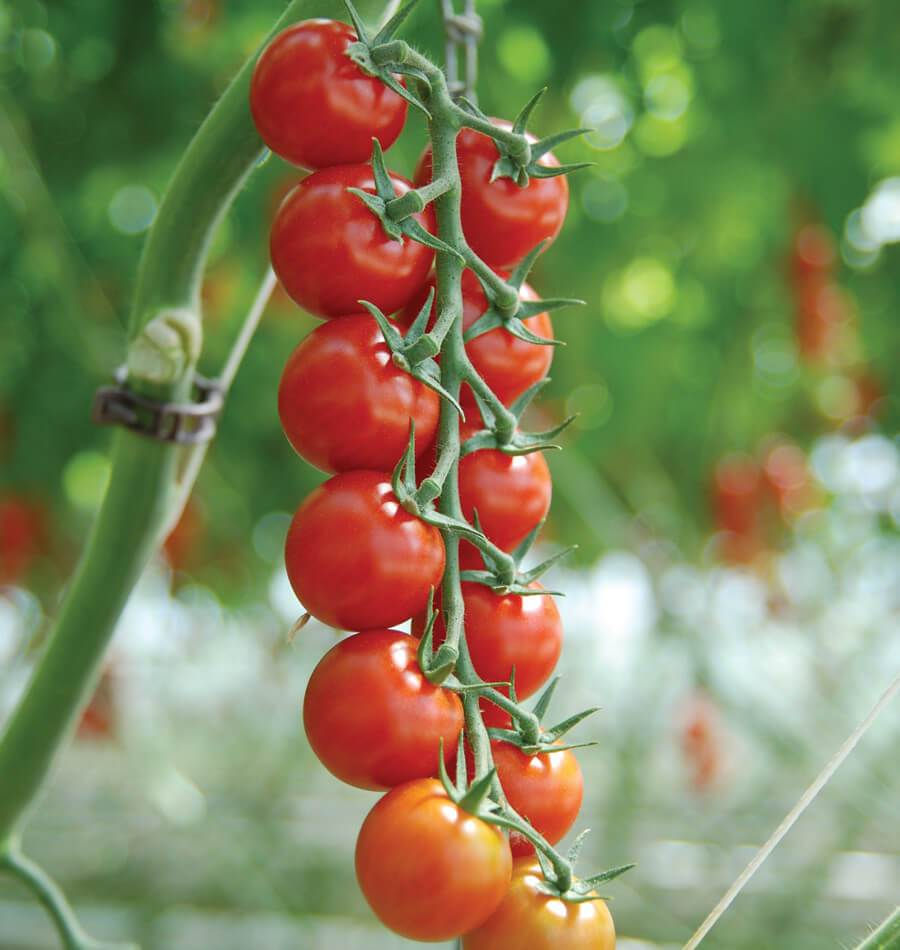Moringa oleifera, often dubbed the "miracle tree" or "tree of life," is a fast-growing, drought-resistant deciduous tree belonging to the family Moringaceae. Native to the sub-Himalayan tracts of northern India, it is now widely cultivated in tropical and subtropical regions worldwide, particularly in South and Southeast Asia, Africa, and the Middle East, due to its remarkable nutritional and medicinal properties.
Botanical Description:
Tree: Small to medium-sized, graceful, and short-lived. Can reach heights of 10-12 meters (33-39 ft) with a trunk diameter of up to 46 cm (18 in). It has an open, spreading, typically umbrella-shaped crown of drooping, fragile branches.
Bark: Smooth, whitish-gray, surrounded by thick cork. Young shoots have purplish or greenish-white, hairy bark.
Leaves: Alternate, large (up to 90 cm long), tripinnately compound, creating a feathery foliage. Leaflets are dark green above and pale underneath, varying in size and shape but often rounded-elliptic, seldom more than 2.5 cm long.
Flowers: Fragrant, hermaphroditic, about 1-1.5 cm long and 2 cm broad. They grow in loose axillary panicles (clusters) up to 25 cm long. Each flower has five unequal, thinly veined, yellowish-white petals, five fertile stamens, and five sterile stamens (staminodes).
Fruit (Pods): Large, distinctive, hanging, three-sided capsules, often referred to as "drumsticks" due to their shape. They are green when young, turning light brown at maturity, and can range from 20-90 cm (8-35 in) in length and 12 mm in breadth. They are slightly constricted at intervals and taper gradually to a point, splitting along their angles when mature.
Seeds: Rounded, blackish, oily, with a diameter of about 1 cm. Each seed has three whitish, papery wings, aiding in wind and water dispersal. They contain a significant amount of oil (30-40%), known as "Ben oil."
Roots: Often deep-rooted, especially when grown from seed. Young taproots can be consumed as an alternative to horseradish.
Ecology and Cultivation:
Climate: Thrives in direct sunlight in semiarid, tropical, and subtropical areas. Best growth occurs in temperatures between 25-35°C (77-95°F) but can tolerate up to 48°C. It is drought-tolerant once established but yields less foliage under continuous water stress. It does not tolerate freezing or heavy frost, though it can send out new growth from the trunk or ground if cut back or frozen.
Altitude: Grows best under 1,000 meters.
Rainfall: Requires at least 250 mm of annual rainfall, but can tolerate over 3,000 mm. Avoid waterlogged soil as roots are susceptible to rot.
Soil: Adapted to a wide range of soil types, but prefers well-drained, sandy or loamy soils with a neutral to slightly acidic pH (6.3-7.0). Can succeed in alkaline soils up to pH 8.5.
Propagation: Easily grown from seed or cuttings. Seeds have no dormancy and can be planted immediately after maturity, retaining germination ability for up to a year. Cuttings should be from hardwood, 45 cm to 1.5 m long and 10 cm thick.
Growth Rate: Extremely fast-growing, reaching 2.5 meters within 1-3 months.
Pruning: Constant pruning (e.g., pinching terminal tips at 60-100 cm height) is recommended to promote branching, maximize yield, and facilitate harvesting, as the tree naturally tends to grow tall and slender with sparse leaves at the top.
Harvesting: Leaves can be harvested starting 6-12 months after planting. Young shoot tips can be harvested to promote side branching.
Nutritional Content (per 100g of fresh leaves - approximate values):
Moringa is renowned for its exceptional nutritional profile, particularly its leaves.
Energy: 64 kcal (270 kJ)
Macronutrients:
Protein: 9.40 g (significantly high, more than eggs or yogurt by weight)
Carbohydrates: 8.28 g
Dietary Fiber: 2.0 g
Fat: 1.40 g
Vitamins:
Vitamin A (as beta-carotene): 378 μg (42% Daily Value)
Vitamin C: 51.7 mg (57% Daily Value - more than oranges by weight)
Thiamine (B1): 0.257 mg (21% Daily Value)
Riboflavin (B2): 0.660 mg (51% Daily Value)
Niacin (B3): 2.220 mg (14% Daily Value)
Pantothenic acid (B5): 0.125 mg (3% Daily Value)
Vitamin B6: 1.200 mg (71% Daily Value)
Folate (B9): 40 μg (10% Daily Value)
Vitamin K, Vitamin E, and Vitamin D are also present.
Minerals:
Calcium: 185 mg (14% Daily Value - more than milk by weight)
Iron: 4.00 mg (22% Daily Value - more than spinach by weight)
Potassium: 337.00 mg (7% Daily Value - more than bananas by weight)
Manganese: 1.06 mg (46% Daily Value)
Magnesium: 42.00 mg (10% Daily Value)
Phosphorus: 112.00 mg (9% Daily Value)
Zinc: 0.60 mg (5% Daily Value)
Copper, Selenium, and Sulfur are also present.
Amino Acids: Contains all essential amino acids, including methionine and cystine, which are often in short supply in other plant-based foods.
Antioxidants & Phytochemicals: Rich in polyphenols, flavonoids (e.g., quercetin, kaempferol), phenolic acids, glucosinolates, zeatin, and beta-sitosterol, contributing to its diverse health benefits.
Uses and Benefits:
Almost all parts of the Moringa tree (leaves, flowers, pods, seeds, bark, roots) are utilized for various purposes, earning it the title of "multipurpose tropical tree."
Food Source:
Leaves: Most commonly consumed, eaten fresh (like spinach), cooked in soups and sauces, or dried and ground into a nutritious powder. Highly recommended for pregnant and nursing mothers, and young children due to their dense nutrient content, particularly useful in combating malnutrition.
Young Pods: Eaten as a vegetable, with a taste reminiscent of asparagus.
Flowers: Used to make tea, added to sauces, or fried as a paste.
Immature Seeds: Can be cooked in various ways.
Mature Seeds: Roasted and eaten like peanuts.
Roots: Used as a horseradish substitute (though potentially slightly toxic).
Moringa oleifera
*Seedlings of 4 weeks ready for transplantation.*






